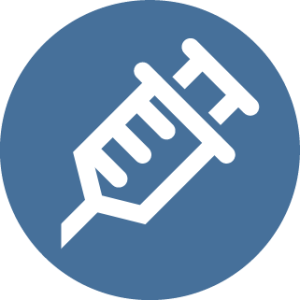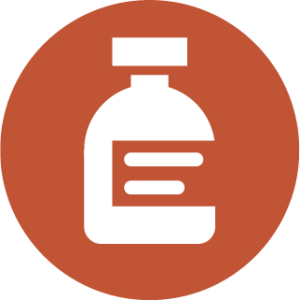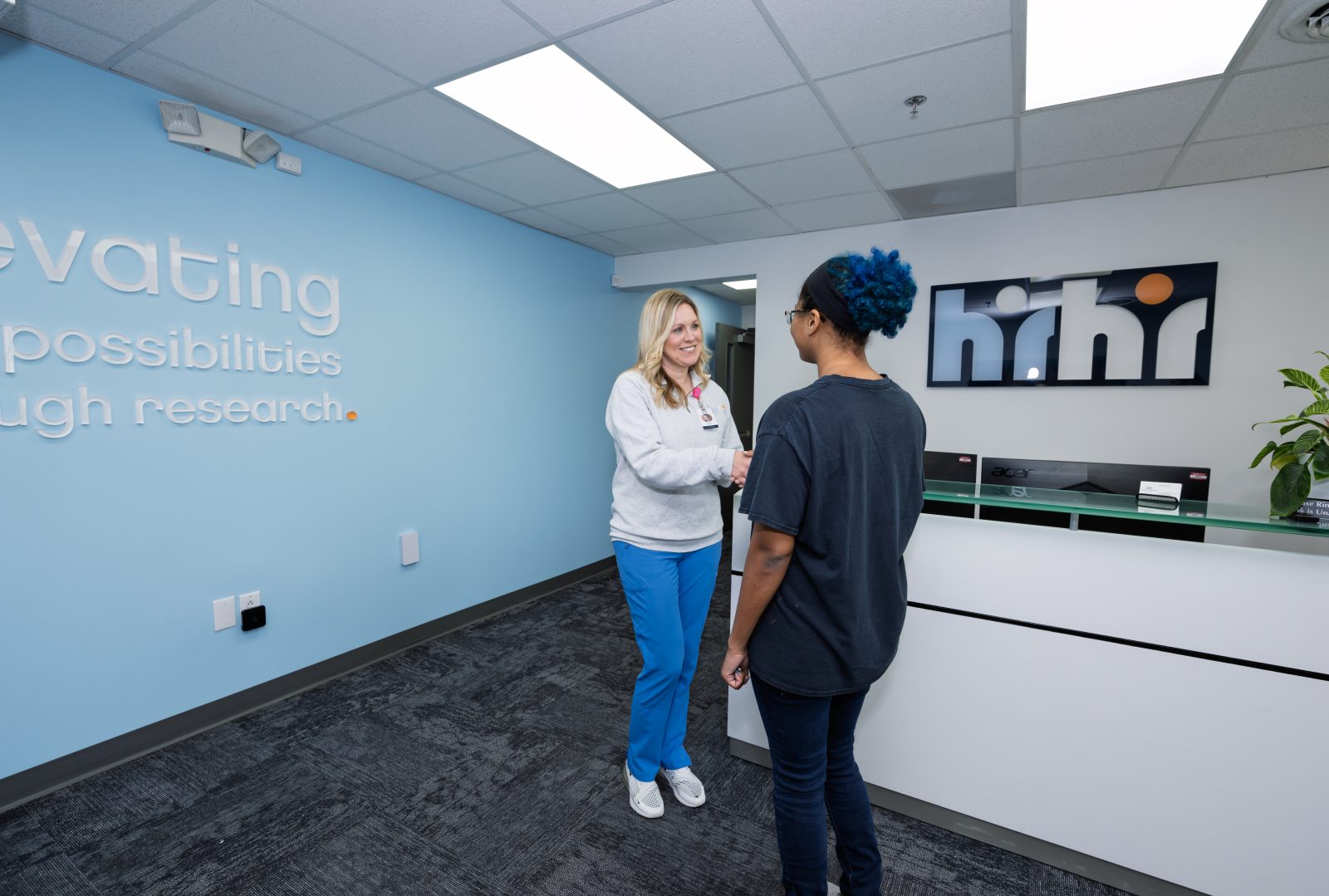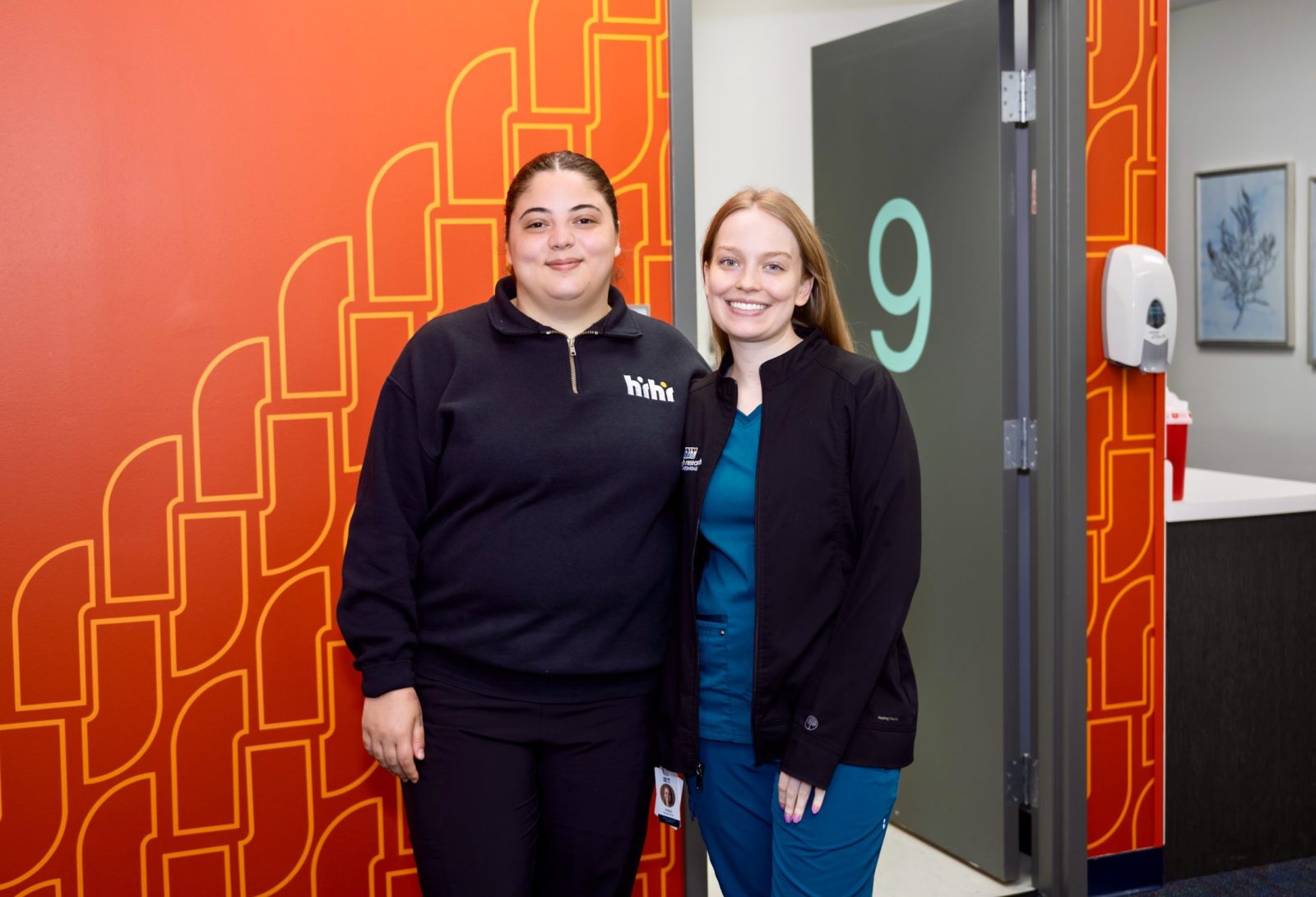Patient volunteers are at the heart of clinical research and the center of everything we do in Hampton Roads. Each trial is designed to advance medical science and improve quality. Our team of medical professionals prioritizes your safety, comfort, and privacy to ensure you receive exceptional care. If standard treatment hasn’t worked, this may be a way to gain early access to innovative medicines and therapies that can elevate your health and overall well-being – with compensated clinical trials available for select studies and eligible patients across Hampton Roads, including Newport News, Hampton, Norfolk, Portsmouth, and Chesapeake.

Be a partner in the future of medical care.
By participating, you’ll join scientists and medical professionals in leading the way for better treatments that can improve health for people across the globe.

141,000+ registered trials in the U.S.

We’ve conducted safe clinical trials since 1998

Our research has added 10 new drugs and treatments to market since 2017

100% of HRHR participants would enroll for another trial
Frequently Asked Questions
What is a clinical trial?
A clinical trial is a research study conducted to evaluate a potential medical treatment for a specific medical condition. The medical treatments under study are usually investigational medications or devices developed by pharmaceutical companies. Clinical trials are designed to answer important research questions about these new treatments and to determine if a medication is safe and effective in treating the medical condition being evaluated. Occasionally a pharmaceutical company performs a clinical trial that compares commercially available therapies for effectiveness and patient preference. Other examples include testing new antibiotics, cholesterol, and asthma medications.
Who conducts clinical trials?
Pharmaceutical companies, research institutions, individual physicians, and other health organizations may be a sponsor of a clinical trial. The sponsor is responsible for funding and designing the protocol — a set of detailed guidelines that each investigator follows. As a rule, pharmaceutical-sponsored clinical trials are performed at multiple locations nationally, and even internationally.
Why should I participate in a clinical trial?
– Receive study-related medical treatment at no charge
– Care provided by research-experienced, board‑certified physicians
– Work with professionally trained research coordinators and research assistants
– Convenient location in the Hampton Roads area
– Gain a better understanding of your medical condition
How do you qualify for a paid clinical study?
Each trial is designed to answer very specific research questions, therefore, not everyone is eligible to be a participant in every trial. Each clinical trial’s protocol is designed to target distinctive and specific medical conditions. If a study is testing an investigational diabetes drug, then only patient volunteers with diabetes will qualify to participate. Furthermore, every protocol is designed to exclude potential study participants who have coexisting medical problems or take certain medications that either put them at risk or potentially cloud study results.
Once a prospective participant has been identified, a brief medical evaluation that covers your general health, current medications, age, and other factors is performed. After this evaluation the research coordinators will be better able to discuss your eligibility for a particular study.
How do I obtain information about a specific clinical trial?
Volunteers will receive complete information about the trial in a written document called the Informed Consent Form. This document will include an honest discussion of the potential benefits and risks of the trial. Contact HRHR at (757) 591-8100 for more information about participating in a clinical research trial.
What happens during a clinical trial?
Participating in a clinical trial is similar to a regular visit to your doctor. During your initial visit, you will meet your HRHR research coordinator. The coordinator will discuss the trial and explain in detail what to expect and your responsibilities throughout the process. You’ll receive facts about the drugs(s) and a patient Informed Consent Form to read and sign. This form is required by law to ensure you understand what is involved in the trial.
Your medical history will be reviewed. If you qualify for trial participation, you will be given a physical exam, which may include: a blood draw, urine samples, and other specialized tests. The research coordinator will also review your current medications. Then, depending on the results of your tests, you will receive the investigational medication with detailed instructions on how to take it.
As the trial progresses you will meet with your research coordinator and physician at regularly scheduled visits to discuss progress results or potential changes since your previous visit. This allows you the opportunity to ask regular questions while the coordinator reviews your compliance with taking the medication and following trial requirements.
Are there risks involved in research participation?
Although researchers expect positive results, it’s impossible to eliminate potential side effects during investigative treatments. All risks are explained in a document called the Informed Consent Form at the beginning of each trial. Be certain you understand all the risks. The consent process is an opportunity for you to educate yourself about the trial, obtain information about the goals of the research, and ask any questions you may have.
No protocol is conducted at HRHR without unanimous approval by an Institutional Review Board (IRB). An IRB consists of at least five panelists, which may include professionals such as nurses, attorneys, school teachers, clergy members, or PhDs. These panelists are charged with the responsibility of thoroughly reviewing the research protocol, Informed Consent Form, and clinical trial conduct to ensure that ethical standards are met and patient’s rights are observed.
What happens after a clinical trial is complete?
At the conclusion of a clinical trial, HRHR will make sure that all participant questions are fully answered. Common questions usually include the future availability of the trial medications, whether additional treatments may be available, and the interpretation of important health information uncovered through lab work or other study-related tests and physical exams.
The HRHR staff and supervising physician strive to ensure that participants leave each trial with a plan for continued treatment by your family physician or a referral to a health professional specialist. Participants are treated professionally, with compassion and the utmost attention to personal privacy.
The staff at HRHR views each trial participant as a partner. This partnership between patient and doctor centers on the pursuit of improving quality of life through the careful study of better medical treatments.
How do I get paid to participate in a clinical trial?
Goals for your participation in clinical research should reflect a desire to improve your health or to learn more about better treatments for conditions that impact people in our own community and across the globe. The compensation payments for participation should be secondary. No one should jeopardize their safety for financial gain. The appropriate level of compensation for each trial is determined based on benefits and potential risks to the research participant.
Reimbursement for your time and travel is provided by HRHR. The specific compensation may range from a small gift, to reimbursement of travel costs and meals.
Will I have out-of-pocket costs or need insurance?
Study-related care is provided at no charge, and insurance is not required for participation.
Can I travel from outside of Hampton Roads to participate?
Yes, we serve patients across Hampton Roads area, including but not limited to Newport News, Hampton, Norfolk, Portsmouth, and Chesapeake. There is no location specific requirement to participate in a clinical trial, but many trials require a few in-person check-ins throughout the duration of the study, meaning you must be able to return to Hampton Roads Health Research’s office located: 720 Thimble Shoals Blvd #110, Newport News, VA 23606, United States
Take a Tour
Explore our state-of-the-art facility and meet the dedicated team working to advance medical science and improve lives.


